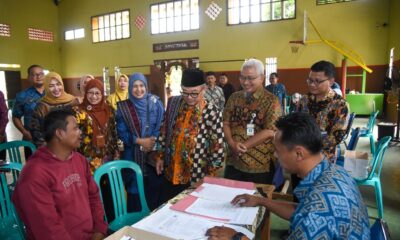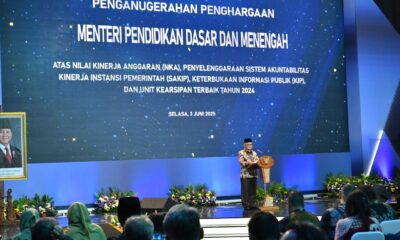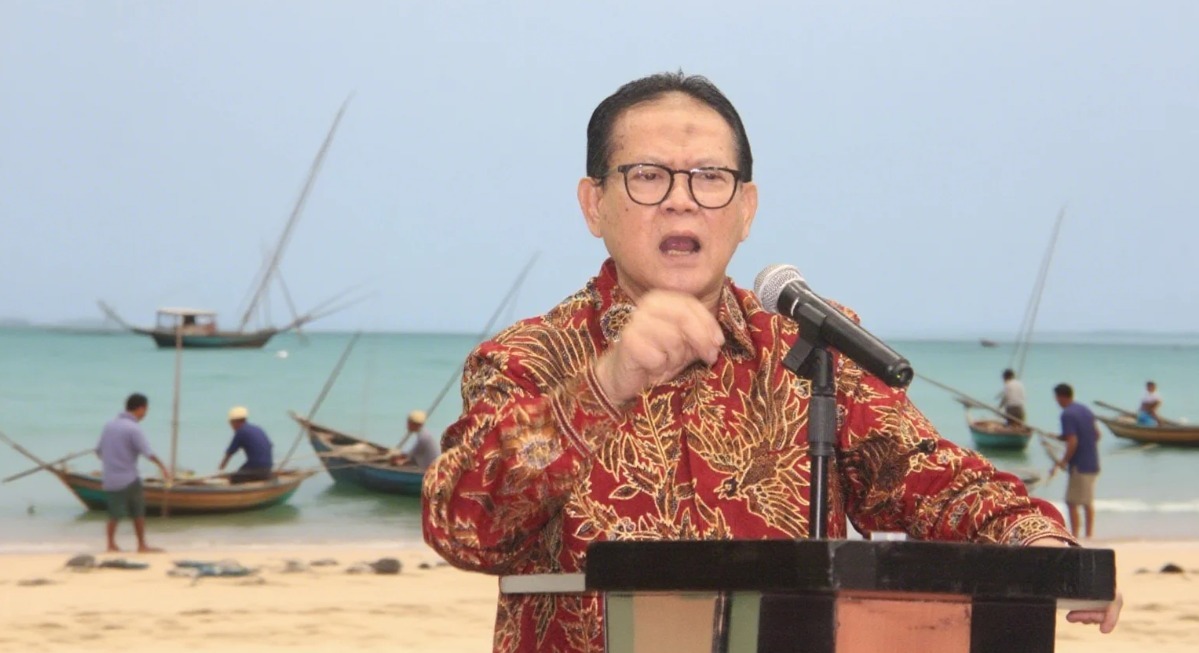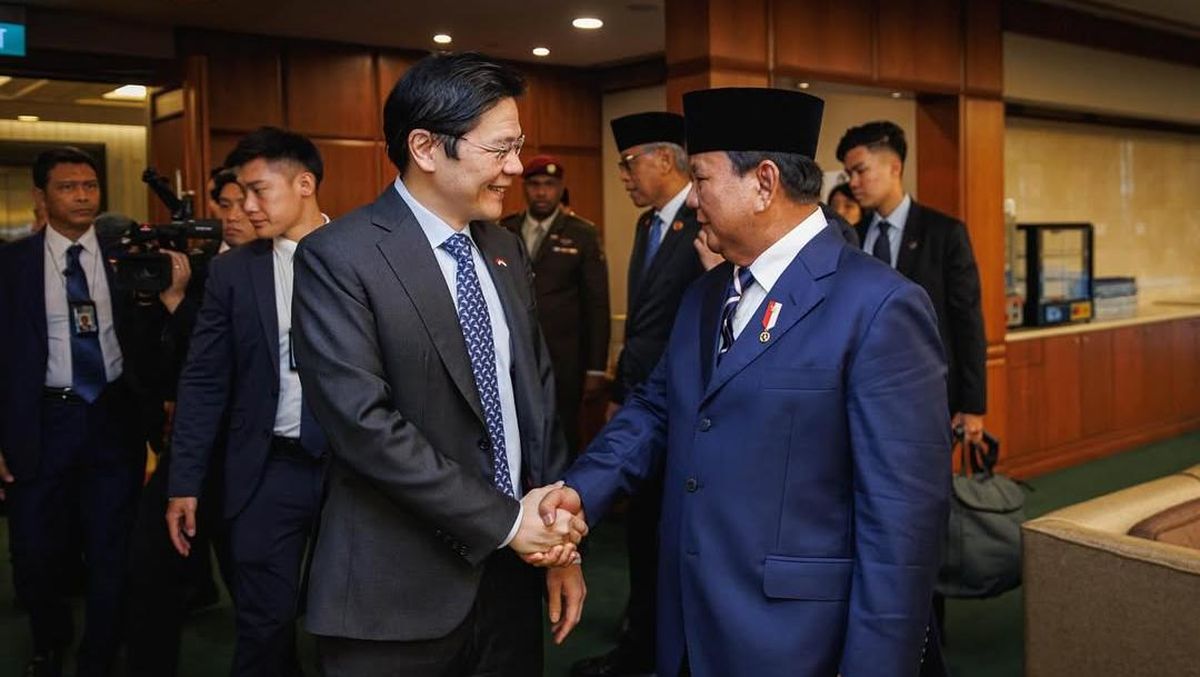Monitorday.com – At the 2025 World Refrigeration Day held in Paris on Wednesday (June 18), the world witnessed a powerful speech by Prof. Rokhmin Dahuri, a member of the Indonesian Parliament and a professor at IPB University.
Speaking at the prestigious World Conference on Cold Chain System, which gathered 200 participants from 60 countries, Prof. Rokhmin served as a keynote speaker and lead panelist. He shared the stage with the Ministers of Environment from Côte d’Ivoire, Nigeria, and Senegal, along with a director from the European Union.
In his presentation, Prof. Rokhmin emphasized the urgent need to transform global cooling systems as a concrete step to address the humanitarian crisis of our time. He warned that the world is under tremendous pressure from extreme climate change, which threatens food production and undermines global health systems.
“Global warming, rising sea levels, and unpredictable weather directly affect human survival,” he said.
He praised Dr. Yosr Allouche, Director of the International Institute of Refrigeration, for the century-old institution’s dedication to advancing cooling technology worldwide.
Prof. Rokhmin also highlighted the ongoing inequality in technology access, especially in developing countries where many still lack reliable cold chain systems. He described the cold chain, a system that maintains optimal temperatures for products from production to consumption—as the “invisible backbone” of modern civilization. In the food sector, a strong cold chain prevents spoilage, extends shelf life, and preserves nutritional value year-round. Products such as fish, meat, and vegetables are significantly safer and more consumable with stable cooling systems.
Data presented by Prof. Rokhmin revealed a shocking reality: without reliable cooling systems, the world loses 526 million tons of food annually, worth around USD 379 billion. Ironically, this wasted food could feed one billion people, while 828 million people still suffer from hunger. Additionally, 600 million people fall ill and 420,000 die each year due to contaminated food, many of these cases linked to inadequate refrigeration.
In the health sector, cooling systems are vital to maintaining the efficacy of vaccines, insulin, and medications. The lack of cold chain facilities in developing countries contributes to over 1.5 million preventable deaths. The economic loss from spoiled vaccines alone is estimated at USD 34.1 billion annually.
But the importance of cooling systems goes beyond food and healthcare. Prof. Rokhmin stressed that efficient refrigeration can also be a strategic tool to combat climate change. Through environmentally friendly technology, safe refrigerants, and renewable energy use, the world can cut greenhouse gas emissions and reduce food waste significantly.
To achieve this, he proposed four key strategies: implementing environmentally sound policies, investing in green technology, enhancing human resource capacity, and strengthening cross-border collaboration. These efforts, he said, must align with the Sustainable Development Goals (SDGs), the Paris Agreement, and the Montreal Protocol.
More than just a technical issue, Prof. Rokhmin described the development of cold chain systems as a global moral responsibility. “This is about all of our lives from the food we eat, the vaccines we receive, to the medicine that saves lives. Building a fair global cold chain is not an option; it is a necessity,” he said.
In closing, Prof. Rokhmin called on all stakeholders: scientists, engineers, business leaders, policymakers, and civil society to work together in building a global cooling system that is sustainable, resilient to crises, and equitable for all humanity.









































